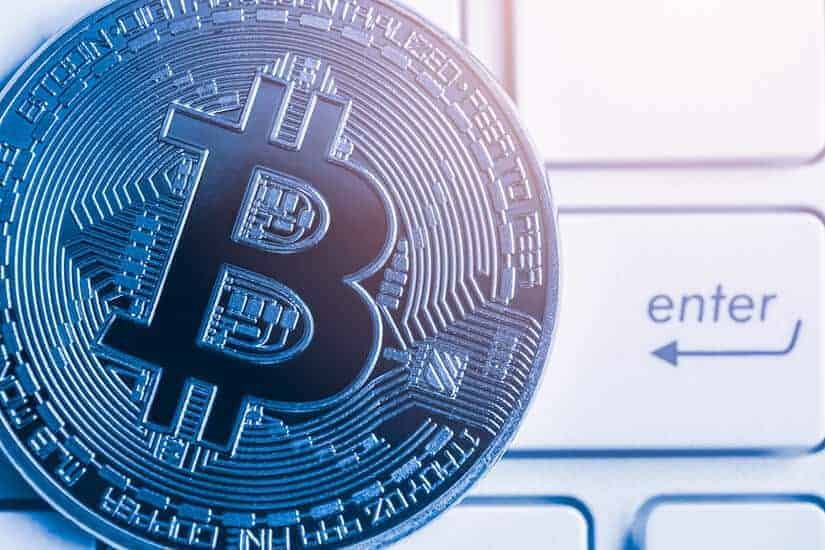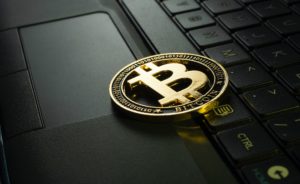Bitcoin, in the space of a few years, has gone from a fringe experiment on internet message boards to a widely traded asset with a complicated future. Depending on who you ask, bitcoins and the various other altcoins are a new type of asset, a flash in the pan, or the future of currency itself. So, what’s the future of bitcoin and banks?
A Well-Regulated Coinage
For all the grand claims that altcoins and cryptocurrencies are the future of money, there are still substantial problems and risks with a future paid for in bitcoin. While one can argue that there’s no difference between a fiat currency like a dollar and an altcoin, that’s only true as an abstract economic argument. Dollars are centralized; altcoins are deliberately designed to be decentralized—and that creates problems.
As a result, if your bank sees its dollars go missing, there’s an entire law enforcement apparatus to help you find them, federally backed insurance to protect your depositors, and a mature, robust support structure to protect the bank. If your altcoins get stolen, you won’t even get a sympathy card.
To complicate matters, governments are not, as a rule, terribly excited about altcoins. While the U.S. government has largely viewed them as little more than another tradable asset, countries like China have cracked down on altcoin trading and mining, and the regulatory environment is tightening up quickly. Similarly, law enforcement has shown a distinct interest in tracking or controlling altcoins.
Finally, adding to the problem is the easy availability of altcoin software. There’s literally nothing stopping you from starting an altcoin as a joke: One, Dogecoin, was created deliberately with that goal. Oddly enough, Dogecoin is now worth billions, having forced its original creator out of the community. Imagine that with dollars: “Oh, you want to start your own mint? We keep the printing presses over there; tell your friends!”
Just how these factors will shake out are open questions, but they can shape the likely future of altcoins—and that’s no less intriguing than replacing all forms of money.
A New Tool and Investment
Altcoins are more likely to be a tool used to solve financial problems. They’re already being applied to a host of different financial issues, from currency exchange to asset tracking to document provenance. It’s hard to see bitcoins replacing dollars, but it’s easy to see bitcoin-like technologies replacing shares of stock or piling up in bond portfolios. Stocks with a blockchain are stocks they are much harder to steal or commit fraud with—and it would be difficult to fault any company who wants to keep an eye on its bondholders and to whom they’re selling those bonds.
Altcoins are, more and more, emerging as tools that solve financial problems and tradable assets with their own value. There’s a reason stock apps have created coin wallets as well. You’re probably never going to buy a pizza or a car with bitcoin, or whichever coin comes next, but you might buy financial assets that strongly resemble bitcoins.
Banks.com provides the most up-to-date information on bitcoin and banks as well as helpful financial tools for the forward-thinking investor. Ready to participate in the future of finance?






